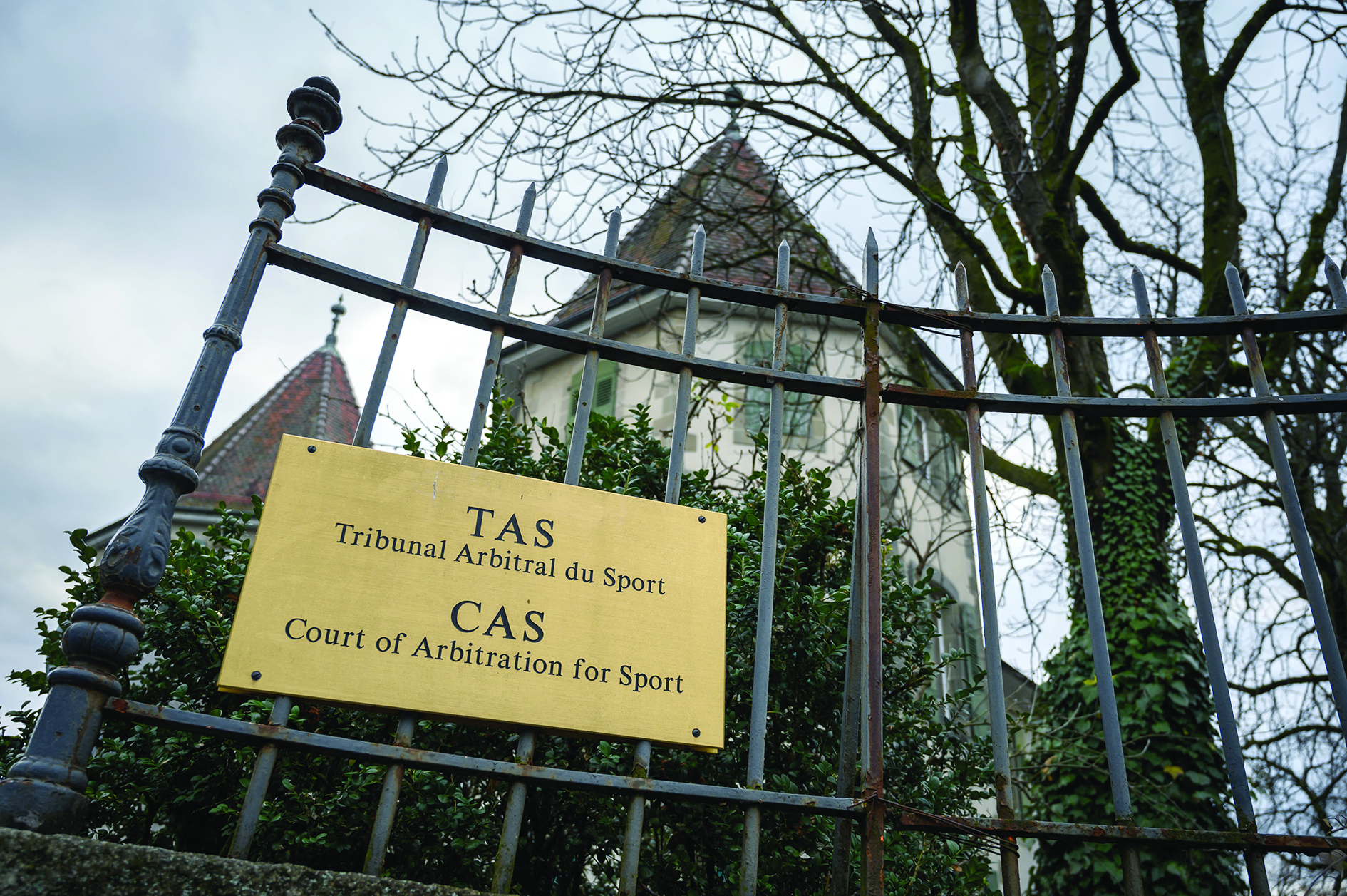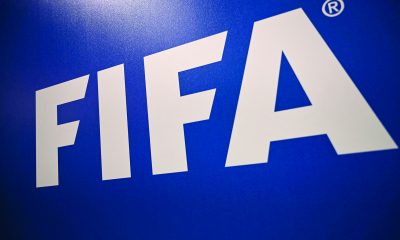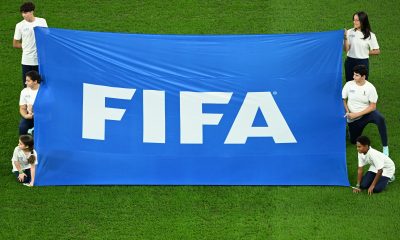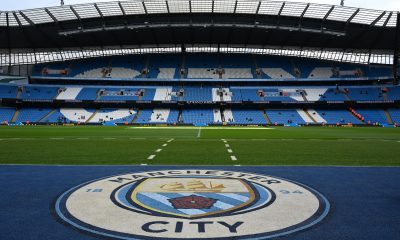
Arbitration is a form of alternative dispute resolution which is used to resolve a dispute/s outside the judiciary courts.
The dispute will be heard and decided upon by one or more persons who are referred to as arbitrator/s.
An arbitration body and its arbitrators must be independent and impartial. The decisions that are delivered by the competent arbitral bodies are usually final and binding.
Arbitration offers a quicker and sometimes cheaper dispute resolution, thus, in general, making itself more attractive to parties in dispute as opposed to the traditional judiciary courts where proceedings can sometimes drag on for months or years.
Sports arbitration is a form of settlement that is used to resolve sport-related disputes and is a favourable dispute resolution owing to the fact that it offers specialist expertise in the field of sports law, something which sometimes traditional judicial courts might not necessarily possess.
Arbitration in sports can arise in two ways; firstly there could be instances of an arbitration clause that is stipulated in the rules of a sporting association, requiring that an aggrieved member of the association must proceed in accordance with such rule.
Secondly, contracting parties may agree amongst them to arbitration by means of an ad hoc agreement, such as for example a contract between a player and his club.
Should there be no arbitration clause stipulated, then arbitration may only be used to resolve a dispute if both parties consent to avail themselves of such dispute resolution method.
The main types of disputes that are submitted for arbitration in sport concern disciplinary proceedings for alleged misconduct on and off the field, including doping offences, financial disputes between clubs and managers, clubs and players, clubs and other clubs, clubs and agents or players and agents as well as disputes over eligibility to compete and selection.
Commercial disputes relating to for example sponsors or broadcasters are not likely to form part of sport arbitration and are instead likely to be referred to the traditional judicial courts.
At the heart of sports arbitration is the Court of Arbitration for Sport (CAS) which was founded in 1983 and has its seat in Lausanne, Switzerland which acts as the Supreme Court for sports disputes. The CAS has its own set of procedural rules called the Code of Sports-related Arbitration and Mediation Rules (the CAS Code) which is updated from time to time to reflect current trends.
Its purpose is to provide a mechanism outside the ordinary courts to secure the settlement of sports related disputes, which disagreements according to the CAS Code ‘may involve matters of principle relating to sport or matters of pecuniary or other interests relating to the practice or the development of sport and may include, more generally, any activity or matter related or connected to sport.’
Thus, the CAS permits a broad range of disputes in sports to be referred to it.
Final appellate body
Today the CAS is a widely-recognised arbitration body, with many sport governing bodies across the globe recognising it as the final appellate body.
The CAS has two main divisions; the CAS Ordinary Division which functions in a very similar way as to any other arbitration institution and the CAS Appeals Division which acts as the court of final appeal for decisions taken by competent sport bodies, on a national or international level.
More than 90 per cent of the cases referred for arbitration are dealt with by the latter division.
The CAS arbitrators are lawyers from different continents in the world having a recognised competence in sports law and/or international arbitration, who possess a good knowledge of sport in general and are independent and objective.
Through its lifetime, the CAS has heard numerous cases, some of them high-profile in nature, involving a wide variety of sports and concerning various different types of disputes in sports.
Some of the awards that have been handed down by the CAS have also contributed towards the development of sports.
With the sports industry always adopting a fast-paced approach, sport arbitration continues to be a popular sought-after method to resolve a dispute since such arbitration offers a fast, efficient and less costly outcome.
Often sports arbitration is seen as a life saver in order for a sports competition to be played, a player to be released out of contract in case of default in payment and a club to obtain what it believes is its fair right.
At the same time, sports arbitration helps towards relieving traditional judicial courts from their ever-increasing case load.
With an ever-increasing demand for sports arbitration, it is vital that sport arbitration bodies such as the CAS continue to keep themselves updated on the latest trends and issues concerning sport as well as fundamentally remaining independent and impartial in the way they function.
Wishing all readers a Merry Christmas and a prosperous New Year 2022.

World Cup News
-
FIFA World Cup
/ 4 weeks agoSon scores but Thailand hold South Korea in World Cup qualifier
Son Heung-min scored but South Korea were held 1-1 at home by Thailand in...
By AFP -
FIFA World Cup
/ 1 month agoJapan-N. Korea World Cup game to stay in Pyongyang, JFA says
Japan’s World Cup qualifier against North Korea will be played in Pyongyang as planned...
By AFP -
FIFA World Cup
/ 2 months agoGerman ex-FA bosses on trial over World Cup tax evasion
Three German ex-top football officials went on trial on Monday in a 13.7-million-euro ($14.8...
By AFP -
FIFA World Cup
/ 2 months agoSaudi Arabia formally launches bid for 2034 World Cup
Saudi Arabia formally launched its bid to host the 2034 World Cup on Friday,...
By AFP

English Premier League
Arsenal, Liverpool fight to keep Premier League race alive

BOV Premier League
Floriana’s Premier League title charge faces Marsaxlokk hurdle

English Premier League
Arteta calls on Arsenal to prove their worth after double blow

Winter Olympics
Watch: Geisenberger wins sixth Olympic medal to tie luge record





































